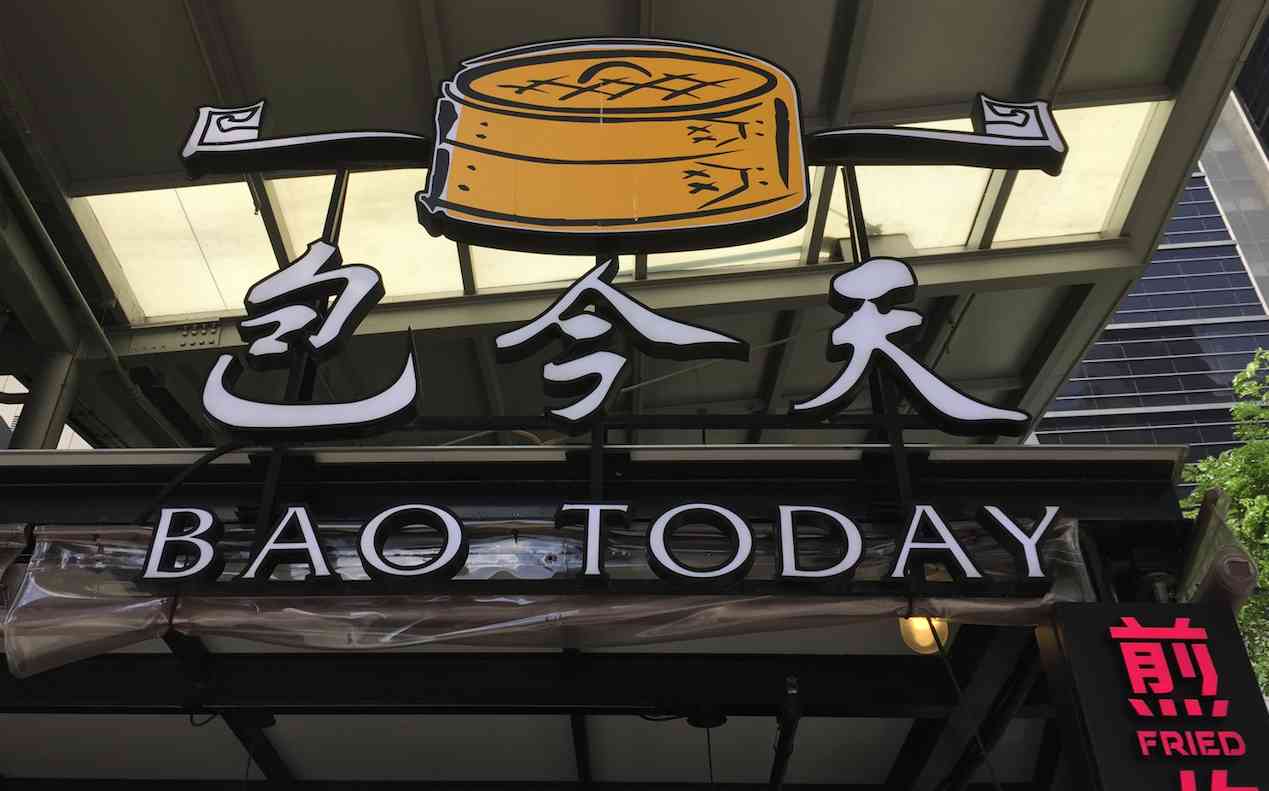
BAO TODAY, GONE TOMORROW
You can tell a lot about a country by what people eat for breakfast. Here in Brooklyn, it’s all about the rough and tumble bagel and a schmear. In France, how can you start the day without an elegant croissant and café au lait? In Japan, how about some healthy steamed rice, miso soup and grilled fish to get your engine going?
To me, there’s no place like Singapore to challenge your notion of what constitutes a satisfying breakfast. As a myriad of cultures mix and mash together, it’s hard to say which one has the strongest hold on people’s morning habits. For me, it was always a toss up between kaya toast and eggs or Char Siu Bao. Both are delicious and as unhealthy as can be imagined.
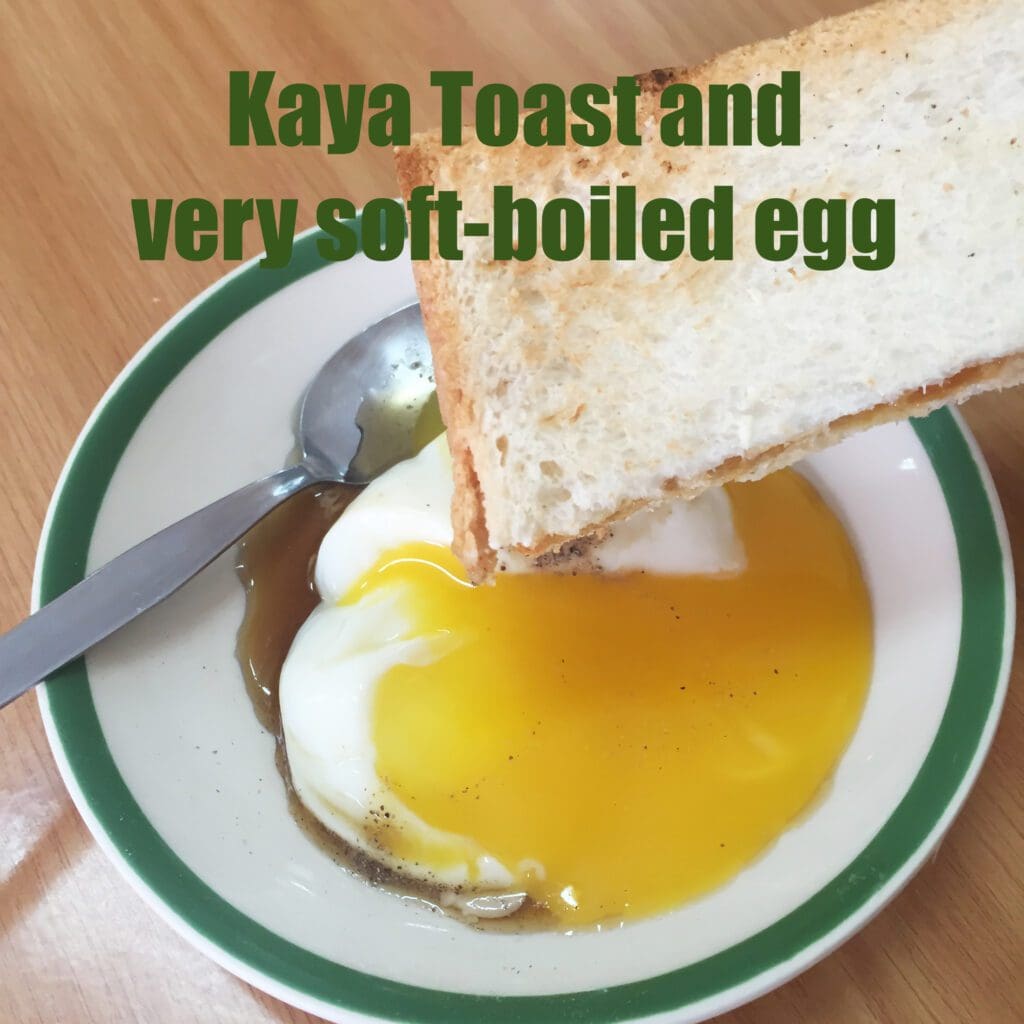
Kaya toast is simply toasted white bread slathered in coconut paste AND butter. It’s usually served with a soft-boiled egg that isn’t quite soft-boiled. The egg is simply placed in the bottom of a pot, boiling water is poured over it and then it’s immediately removed. The whites have barely congealed and the yolk is runnier than water. And it’s disgustingly delicious. You crack the egg open in a small bowl, add a squirt of soy sauce and a dash of white pepper, and let the toast suck up all that yummy goodness. And of course, you must wash it down with some Kopi tarik, a.k.a. “pulled coffee,” a local coffee mixed with sugar. The brewed coffee is poured repeatedly from one container to another using a strainer to give it a rich taste and extra thickness. It’s served with sweetened condensed milk just in case the sugar didn’t sweeten it enough for you.
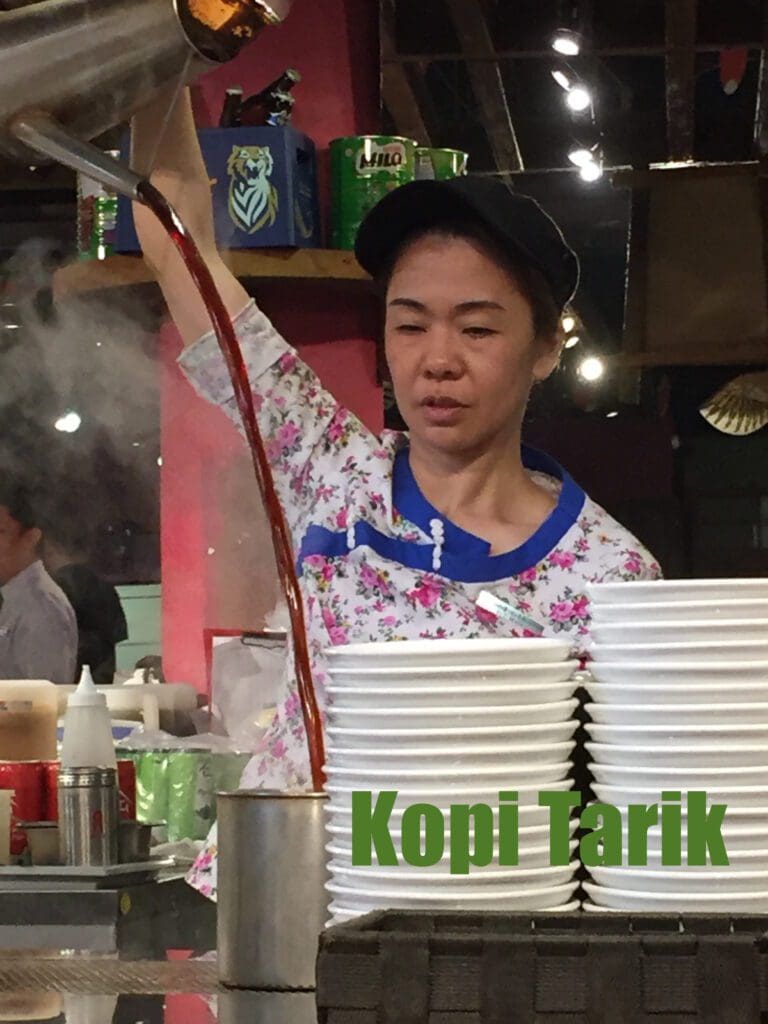
But my true favorite start to the day is a Char Siu Bao. On almost any corner, there’s a small hawker stall with a steam box offering these delicate treats—roasted barbeque pork encased in a light, doughy pillow. It’s sort of their version of a jelly donut except it’s savory and not fried. Actually, it’s nothing like a jelly donut.
On the corner of Jalan Besar and Maude Street on the outskirts of Little India in Singapore—should you ever find yourself there—is an unassuming storefront that prides itself on its traditional homemade baos. Piles of huge wooden steam racks stack one upon another, cranking out hundreds of baos a day. I’d share the name of the place, but everything is written in Chinese and my Cantonese is wanting.
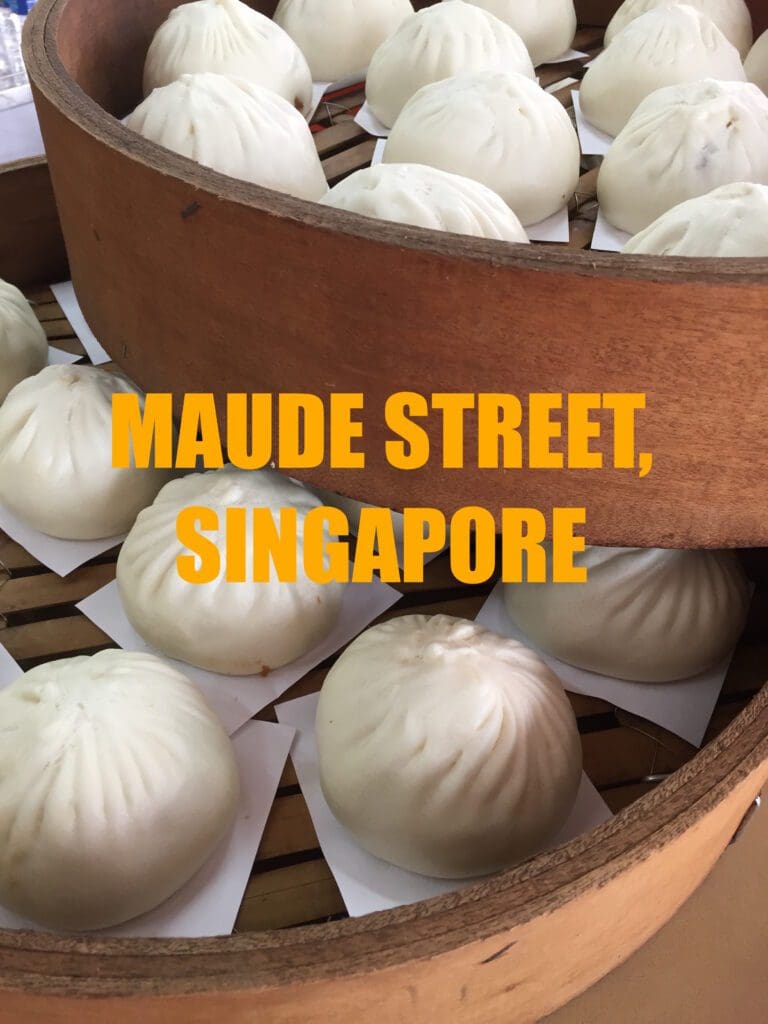
Of course, there is no lack of opinions about pork buns. And back here in the states, I’ve been on a mission to find something that rivals those I guiltily consumed in Singapore. Most dim sum joints here in New York offer their version of char siu bao, often simply listed as steamed pork buns on their menus. The Nam Wah Tea Parlor on Doyers street has a very respectable one, but I do find the balance between bun and pork to be a bit off, the bun overwhelming the filling. The Mei Lai Wah Bakery on Bayard Street has a baked char siu bao. The baking adds a light, soft brown crust to the bun and there’s a balanced pork to bun ratio.
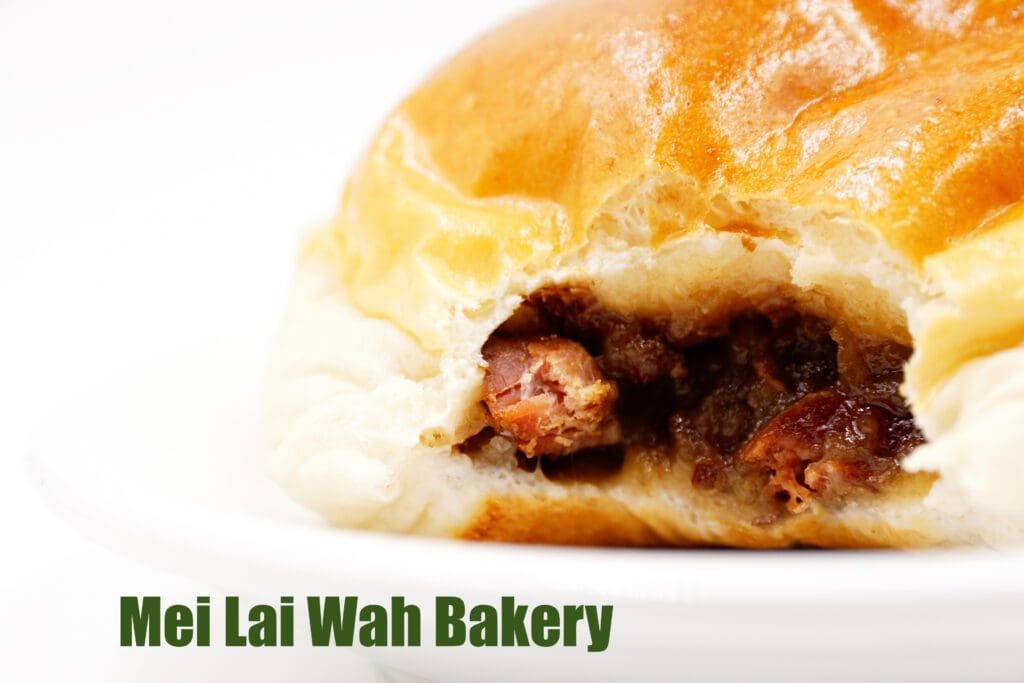
But hands down, Tim Ho Wan in the east village has THE best-baked buns. There’s a nice, sweet, buttery crunch as you bite into it, and their char siu is spot on. It’s not surprising considering they call themselves the “dim sum specialists,” having originating from Hong Kong. And it’s not hype. They’ve got locations all over the world, including Singapore where I first sampled my first baked bao. Thankfully, nothing is lost in translation.
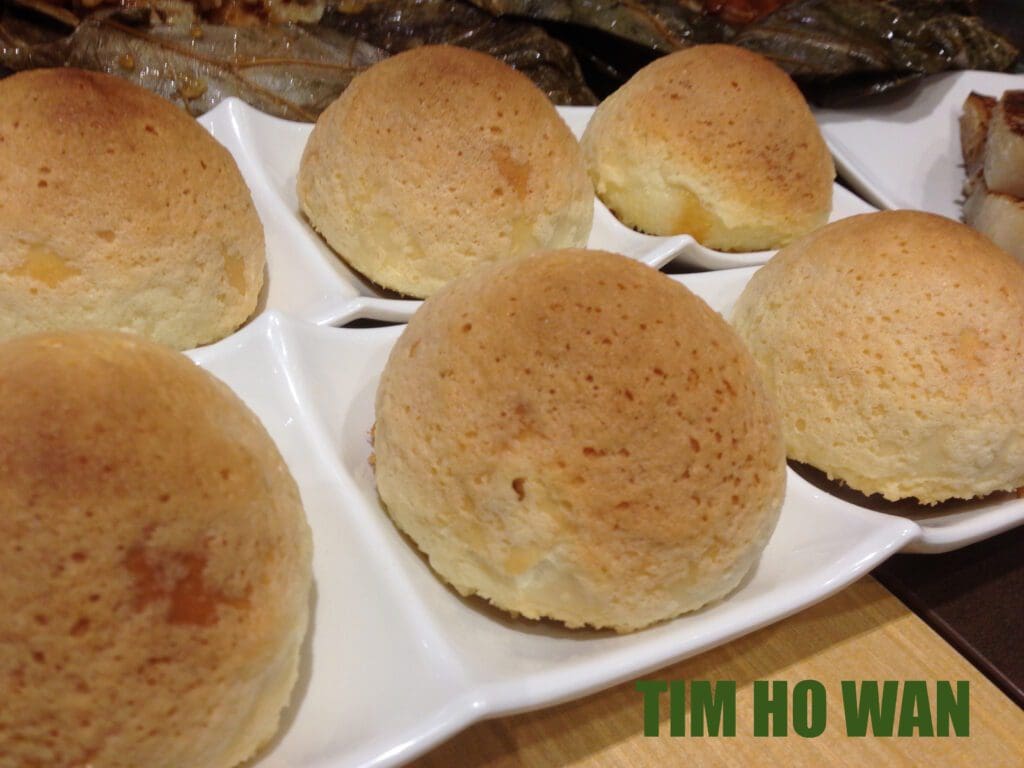
So now I can rest easy knowing that on any given morning there are baos in abundance a mere subway ride away. I’ve even seen them in Trader Joe’s freezer case, though I fear that is just way too convenient and dangerous. Of course, I can always lighten up the most important meal of the day and do as the Mexicans do. Chilaquilas anyone?


